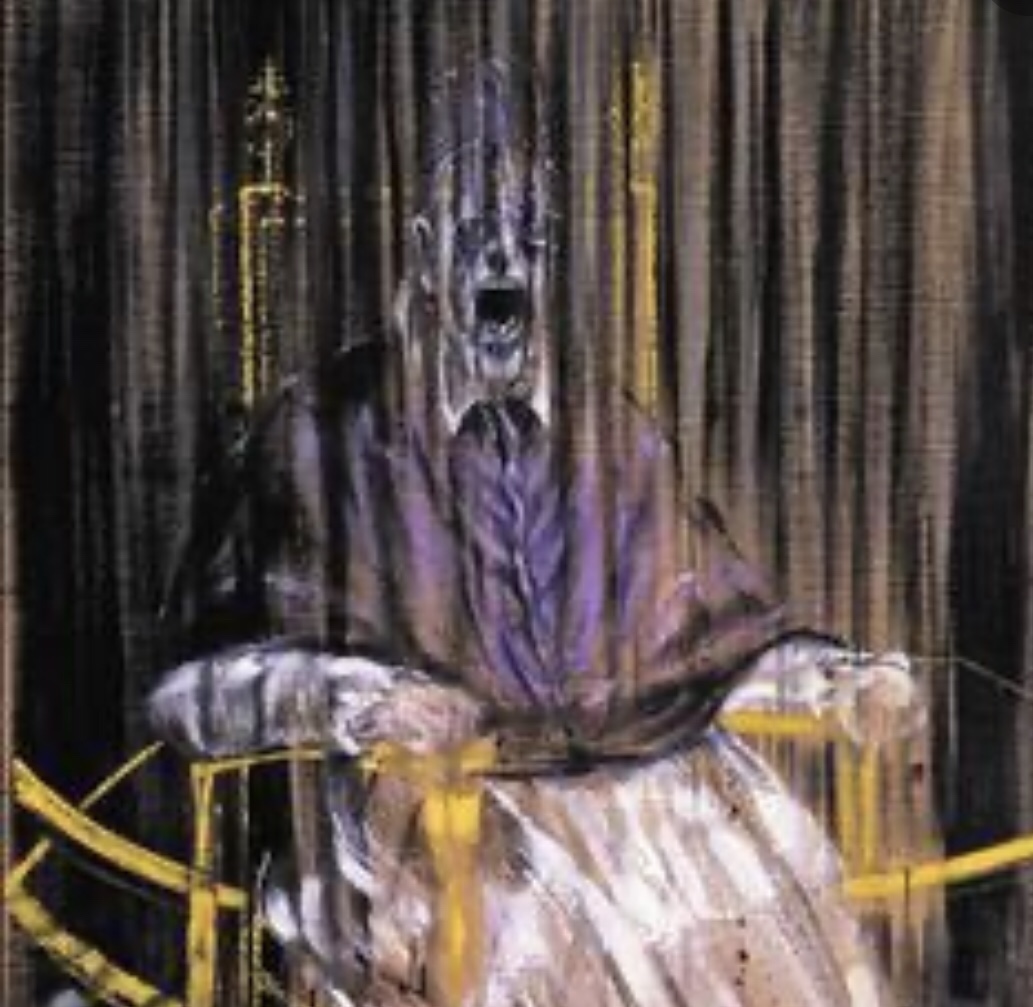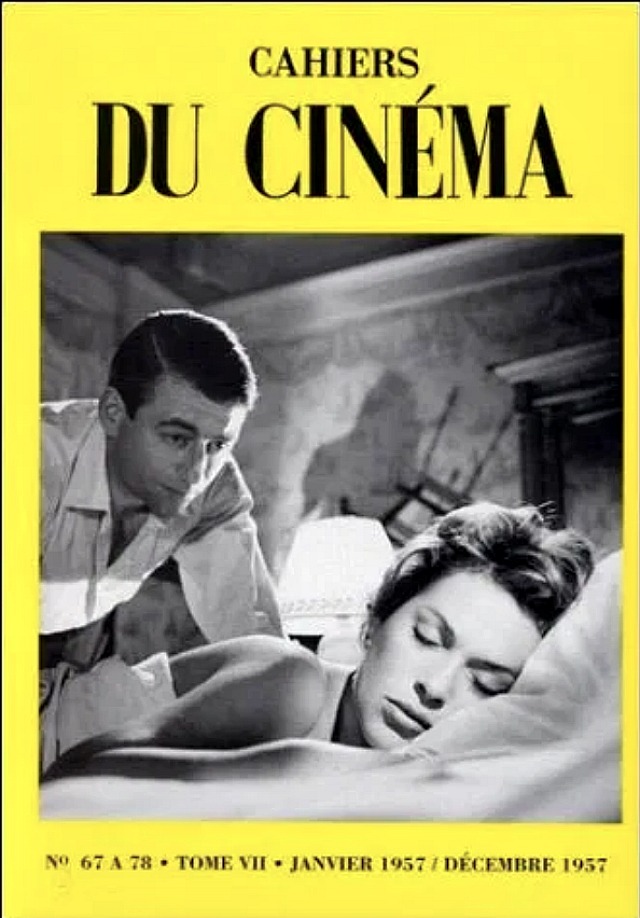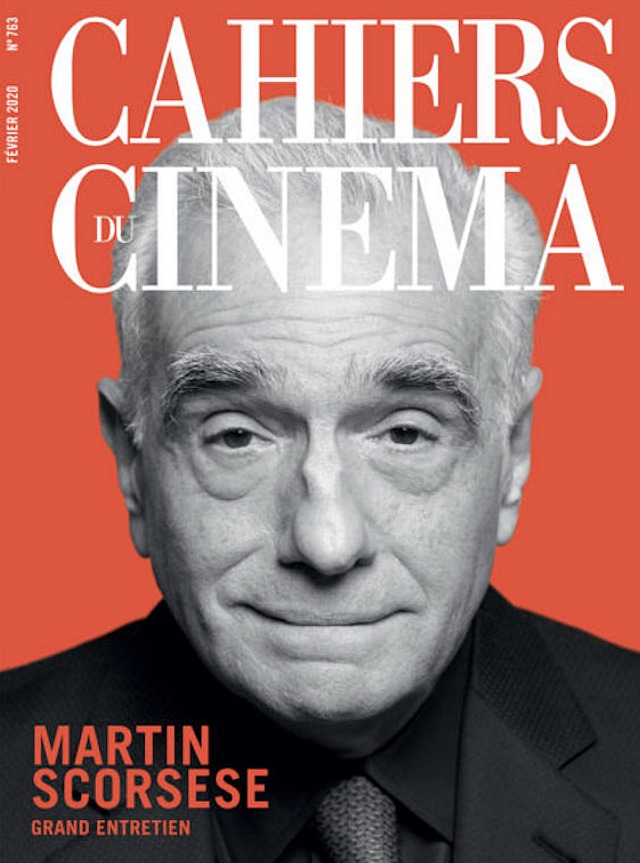

“For once, [here was] a genre movie built around an anti-progressive premise. The Hunt, which was due for release on 9.27.19, at least sounded contrarian. But Trump doesn’t have the most finely tuned irony gauge, [and] seemed unable to understand that the globalists in the film are plainly the bad guys and that the trailer was satirizing rather than saluting the hunters it portrays.
“We weren’t meant to see events from their point of view, but were to put ourselves in deplorable shoes. For once, a major Hollywood film studio was about to release a movie sympathetic to Trump voters.” — from “Pro-Trump Movie Cancelled, Thanks to Trump,” posted by National Review critic Kyle Smith on 8.11.19.
The 15-person staff of Cahiers du Cinéma (including editor-in-chief Stéphane Delorme) has resigned after the publication’s sale to a group of film producers (including A Prophet producer Pascal Caucheteu) and tech-finance philistines.
The issue was over editorial purity. The staffers claimed that the new owners would “create a conflict of interest for a critical publication…whatever articles are published, there would be a suspicion of interference.”
The staffers were also dismayed about the new owners wanting to turn the nearly 70-year-old publication “into a more relaxed and fashionable read.”
Launched in 1951 and renowned as the spiritual birthplace of the French nouvelle vague, Cahiers du Cinema has lasted longer than any other devotional film-dweeb publication. Its closest American counterpart, Film Comment, is approaching its 50th anniversary, having begun publishing in ’72.
Nobody wants to see Cahiers du Cinema slip beneath the waves, but aside from the venerable The New Yorker, which has been publishing for 95 years, all legendary magazines give up the ghost sooner or later. Times and attitudes change, etc.
The first version of Vanity Fair ran from 1913 to 1936 — 33 years. Collier’s lasted 69 years, from 1888 to 1957. The Henry Luce version of Life published between 1936 and ’72. Look ran from ’37 to ’71.
Hasn’t Cahiers du Cinema (which launched an online version in ’07) been losing money for a fairly long time? You’d think there’d be some way for it to at least break even.
And how pure was it before this latest rupture? Ten years ago a Guardian piece by Phillip French ran a quote by Emilie Bickerton, author of “A Short History of Cahiers du Cinema,” that the publication was “limping on…as another banal mouthpiece of the spectacle.”


I found Leigh Whannell‘s The Invisible Man passable but underwhelming at times. In yesterday’s review I mentioned that it’s vaguely similar to Paul Verhoeven‘s 20-year-old The Hollow Man in that both are about rather ugly and perverse predators.
Kevin Bacon‘s Sebastian Caine and Oliver Jackson-Cohen‘s Adrian Griffin are super-brilliant scientist assholes with increasingly hostile attitudes about their ex-significant others (played respectively by Elisabeth Shue and Elisabeth Moss). The difference is that Jackson-Cohen’s character is a vicious control freak before he enters the ghost realm whereas being invisible seems to exacerbate Bacon’s basic tendencies, causing him to go from arrogant to fiendish.
Whannell’s film is a #MeToo stalker thing, told from the POV of Moss’s besieged character, whereas Verhoeven’s film is more of a neutrally observed, high-tech enterprise with a diseased attitude.
I was drawing upon moderately positive recollections of the Verhoeven but I hadn’t seen it in 20 years. So I rewatched it today on Amazon Prime, and I’m sorry but it’s a kickier ride. A bit colder and creepier than The Invisible Man, true, but with more bang for the buck. For my money it’s more visually inventive and carefully parsed. Andrew Marlowe’s screenplay is smarter and more carefully orchestrated than what Whannell put to page.
Then again the Hollow Man‘s budget was $95 million ($148,947,712 in 2020 dollars) while The Invisible Man cost only $7 million to make, so give Whannell credit for delivering with fewer resources.
“Around halfway through Saint Maud (A24, 4.3), writer-director Rose Glass constructs a cinematic wince moment for the ages, involving nails, bare feet and a young woman with a Christ complex far too big for her own snappable body. ‘Never waste your pain,’ she says, and this short, sharp needle-jab of a horror parable from bleakest Britain takes the same advice.
“Glass is sparing with her shocks, but knows how to make them count, like sudden voltage surges in the fritzed, volatile machinery of her narrative, each one leaving the protagonist a little more anxiously damaged than before.
“A meek, devoutly Christian palliative nurse, with an open wound of a past and what she believes is a higher calling for the future, Maud is like Carrie White and her mother Margaret rolled into one unholy holy terror; as played with brilliant, blood-freezing intensity by Morfydd Clark, she’s a genre anti-heroine to cherish, protect and recoil from, sometimes all at once.” — from Guy Lodge‘s 9.8.19 Variety review.
Question: The titular character is played by Welsh actress Morfydd Clark. To American ears the first name sounds…well, classy and storied, but also a bit somber. Like the name, perhaps, of the sister of Mordred, the villainous Arthurian figure.